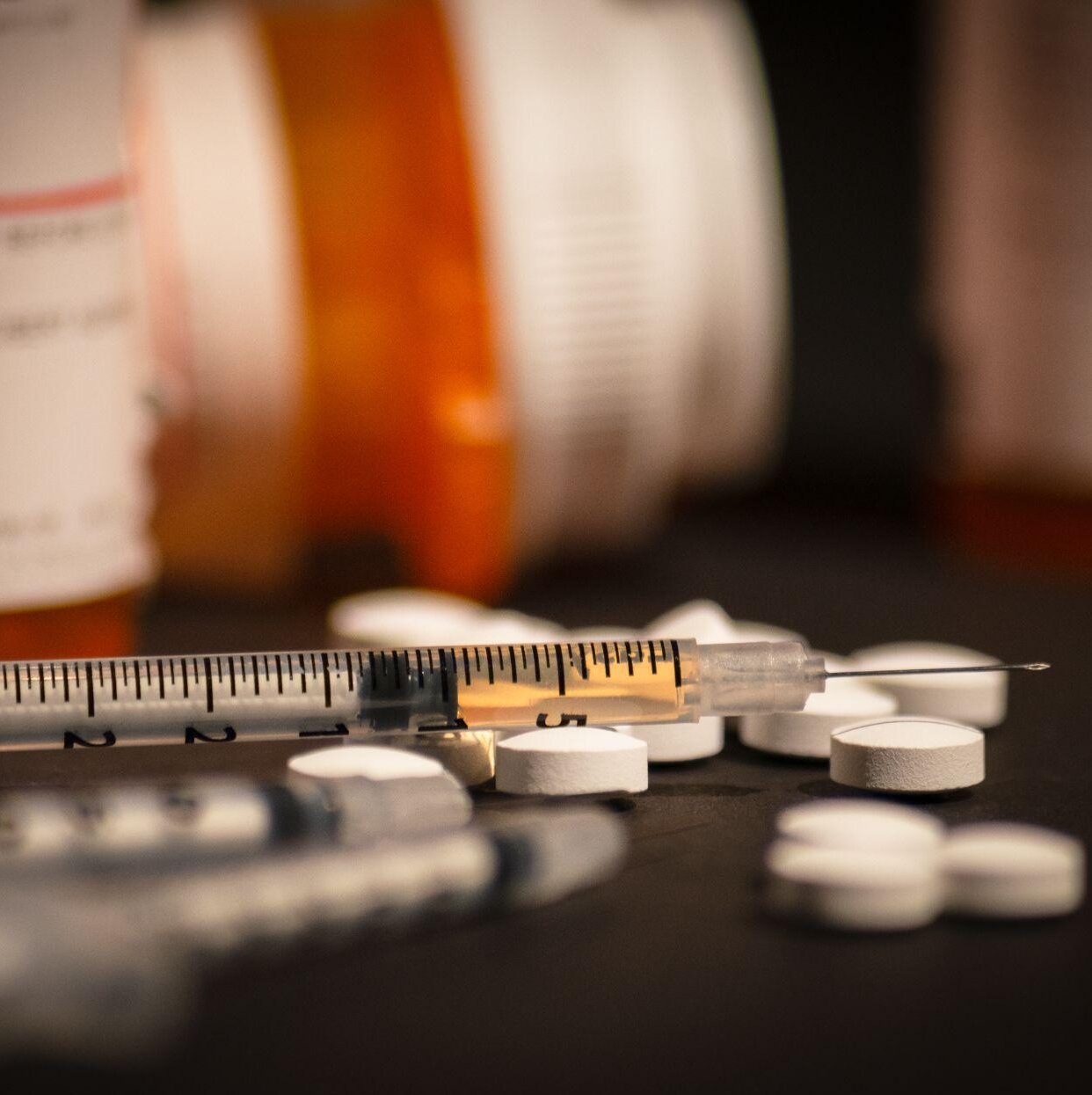Club drugs are psychoactive substances commonly used in party scenes for their hallucinogenic and mood-altering effects. Many are synthetic drugs with other original purposes.

Typical club drugs like MDMA (ecstasy) and ketamine are primarily known for hallucinogenic, psychoactive effects that enhance senses and emotions. This makes them appealing as recreational drugs in social settings, especially to teens and young adults seeking excitement and acceptance.
Although they’re not typical club drugs, cocaine, Adderall and opioids like fentanyl and heroin are also sometimes used socially. Cocaine and Adderall are stimulants that boost energy, while depressants like heroin and fentanyl create deep relaxation.
The synthetic drugs GHB and Rohypnol are also depressants. Unfortunately, these have been implicated as date rape drugs, used by perpetrators of sexual assault to sedate their victims.
Examples of popular club drugs include:
- Ecstasy (MDMA)
- GHB (gamma hydroxybutyrate)
- Ketamine
- Rohypnol (commonly known as the date rape drug “roofies”)
- LSD
- Methamphetamine
- 2C-B (“nexus”)
- Nitrous oxide (“laughing gas”)
The Dangerous Risks of Club Drug Abuse
Club drug addiction can alter mood and cognitive functions, leading to impaired judgment and risky behaviors. Whether it’s a hallucinogen (MDMA, ketamine, GHB, etc.), stimulant (cocaine, methamphetamine, etc.) or depressant (opioids), it can disrupt critical body functions like heart rate and temperature regulation. These can lead to severe health complications or death.
Overdose is a major concern, especially when mixing club drugs like MDMA with alcohol or other drugs. This can intensify substances’ effects and cause life-threatening reactions. For example, mixing a stimulant like cocaine and a depressant like GHB—called “speedballing”—creates conflicting effects in the central nervous system, increasing risks.
Another risk of club drugs with depressant and sedative effects is the potential for use as a date rape drug. This differs from intentional use, but there is a danger of sexual assault when such drugs are around.


Recognizing a Club Drug Addiction
Club drug abuse can have various signs and symptoms, depending on the recreational drugs used. A hallucinogen like MDMA (ecstasy), GHB or ketamine will have more psychedelic effects than a stimulant like cocaine or Adderall, and opioids like heroin will have more depressant effects.
Physical indicators of abuse might include:
- Changing energy and weight (increased energy with stimulants)
- Altered sleep and eye movements
- Unusual odors, coughs, or sores
- Poor hygiene
Behavioral changes may involve:
- Social withdrawal
- Neglecting responsibilities
- Secretiveness
- Financial issues
- Changes in friendships
Mental Health Symptoms
Mental health symptoms may include:
- Periods of euphoria (common with MDMA)
- Anxiety and mood swings
- Paranoia and confusion
- Hallucinations (with hallucinogens)
- Memory issues and low motivation
Recognizing these physical and mental health signs and symptoms early, especially in teens and young adults, is key to stopping drug abuse and reducing the risks of overdose and long-term harm. Early treatment at our Agoura Hills, Los Angeles County rehab also provides a support network for clients and loved ones.


Our Comprehensive Approach to Club Drug Addiction Treatment
Our club drug addiction rehab in Agoura Hills, CA tailors programs for each client, emphasizing a holistic approach.
Methods we use at our Los Angeles area facility include:
- Detox: Medical detox ensures safe withdrawal from MDMA, ketamine, and other drugs.
- Therapy: Includes cognitive behavioral therapy (CBT) and dialectical behavior therapy (DBT) for behavioral change.
- Dual Diagnosis: Treats addiction and mental health issues together.
- Aftercare: Offers ongoing 12-step meetings and relapse prevention support that’s easily accessible to LA and Orange County graduates.
Why Choose Our Southern California Treatment Center?
Our Agoura Hills rehab near Los Angeles combines luxury and privacy with compassionate, clinically backed care. We support patients from detox through aftercare in a peaceful setting, using treatment plans suited to their unique physical and mental health needs.
In addition to ending the addiction with trained medical support, we aim for lasting change. Our comprehensive methods address the root causes of substance abuse and arm clients with valuable life skills.


Get Help for Club Drug Addiction at Our Agoura Hills, CA Rehab
The risks of club drug use, including health issues, overdose, and addiction, are severe and need urgent action. If you or someone you know is abusing ecstasy (MDMA), GHB, ketamine or other club drugs, professional help is crucial. Contact our southern California rehab today to begin your addiction recovery journey.
Cognitive Behavioral Therapists in Agoura Hills, CA
Contact us today to learn more about our Los Angeles-area individualized addiction treatment programs and explore your options.
